Sustainable fashion in Nigeria is experiencing a dynamic transformation, driven by innovation, environmental consciousness, and cultural preservation. As the fashion industry confronts the global climate crisis, Nigerian designers and consumers increasingly embrace eco-friendly practices that blend traditional craftsmanship with modern sustainability principles.
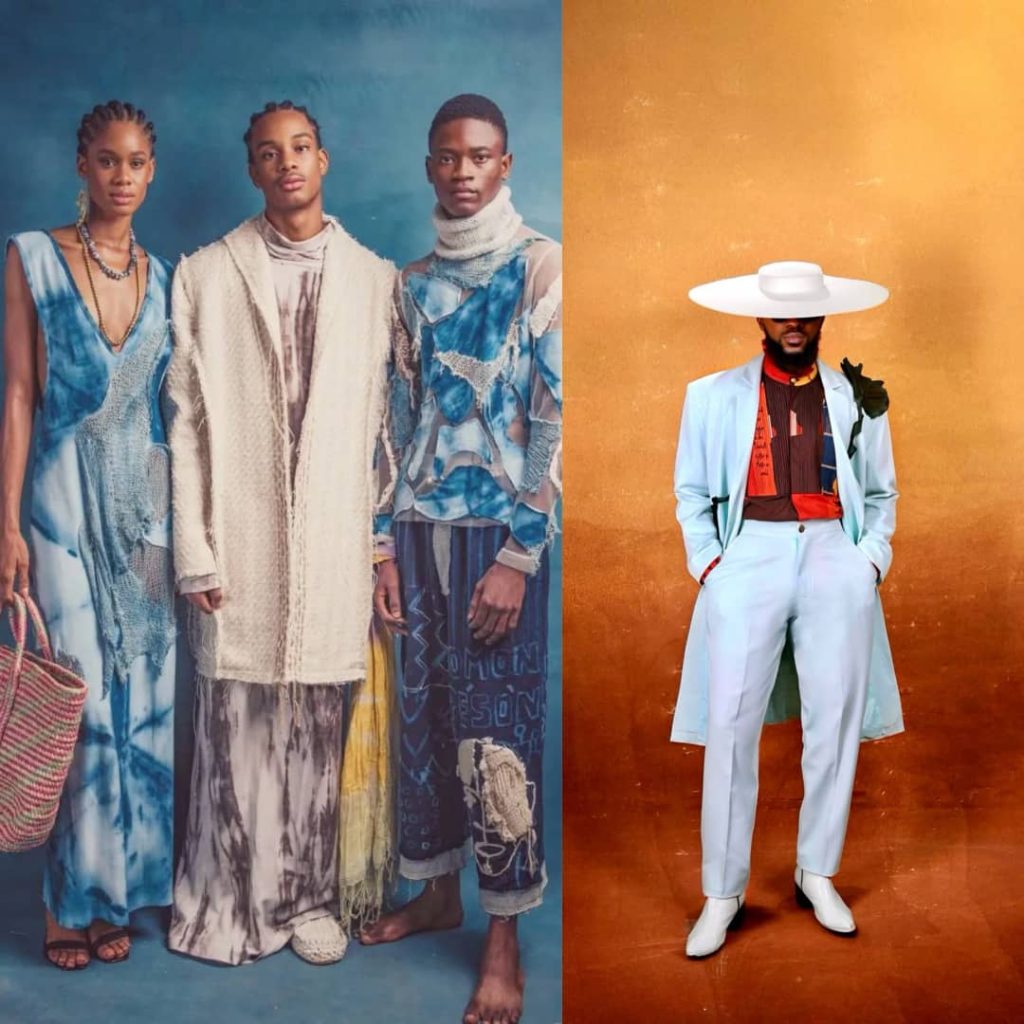
Emerging Trends in Sustainable Fashion in Nigeria
1. Upcycling and Waste Reduction
Upcycling is a major trend in Nigerian sustainable fashion. Designers and artisans repurpose discarded textiles and garments into unique, wearable pieces, helping to reduce landfill waste and encourage circular fashion. Markets like Yaba and Katangua in Lagos have become central to this movement, offering affordable second-hand fashion and tailoring services that extend the life of garments.
2. Revival of Traditional Techniques
Cultural preservation plays a significant role in Nigeria’s sustainable fashion scene. Traditional methods such as Adire (indigo dyeing), aso-oke weaving, and hand-dyeing are being revived to support ethical fashion production. These time-honoured techniques not only reduce reliance on industrial processes but also keep Indigenous artistry alive.
3. Rise of Slow Fashion Brands
More Nigerian fashion brands are adopting slow fashion principles—favouring quality over quantity, using ethically sourced fabrics, and releasing limited collections. This shift encourages mindful consumption and supports sustainability at every stage of production.
Eco-Friendly Shopping Options in Nigerian Markets
Nigerian markets offer diverse options for eco-conscious consumers, categorized by their focus on handcrafted, recycled, or second-hand goods.
Markets for Handmade and Recycled Products
Jabi Arts and Crafts Market, Abuja
Known for its eco-friendly wares, Jabi Market offers handwoven baskets, reclaimed wood furniture, and accessories crafted from recycled textiles.
Lekki Arts and Crafts Market, Lagos
A favourite among eco-conscious shoppers, Lekki Market features handcrafted jewellery, pottery, and home décor made from sustainable materials.
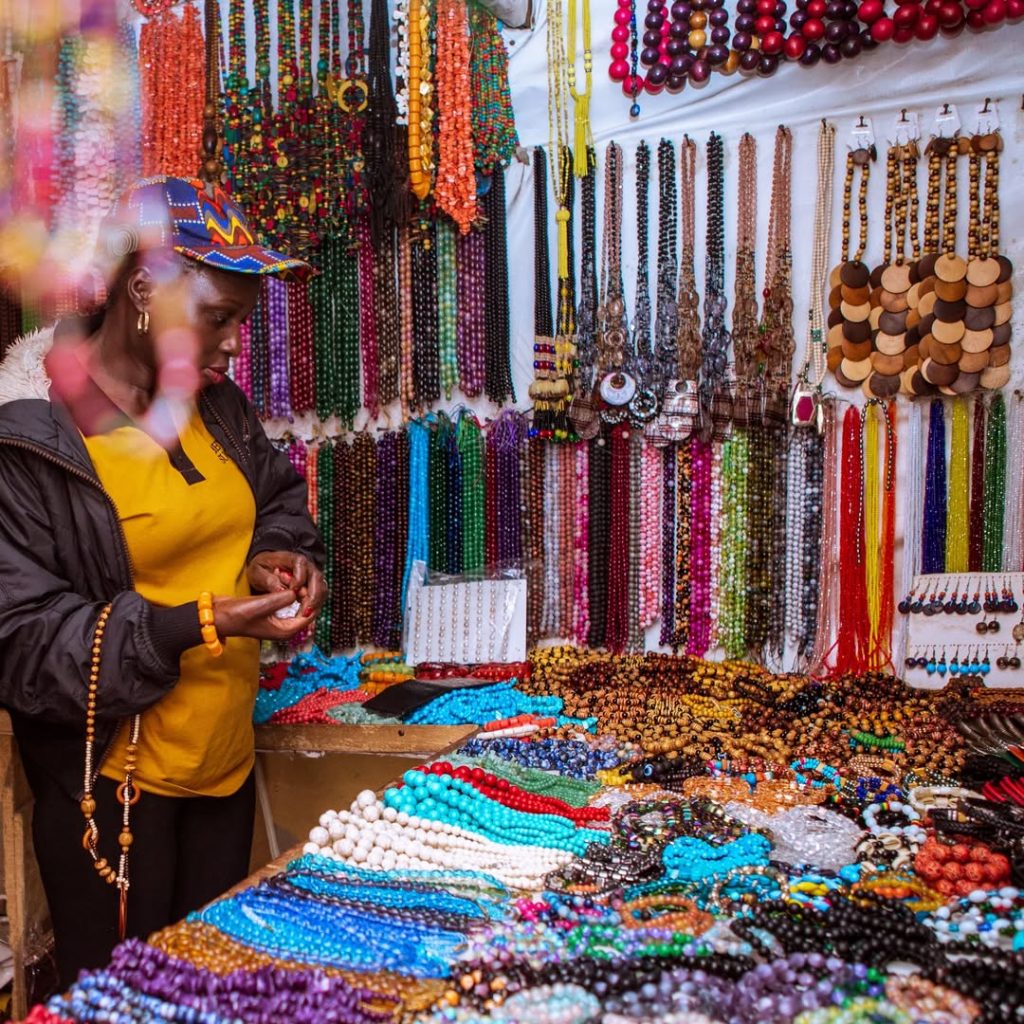
Markets for Second-Hand and Thrift Shopping
Yaba Market, Lagos
A hub for affordable second-hand fashion, Yaba Market is a treasure trove of stylish clothing, shoes, and accessories. Tailors on-site offer customization, giving pre-loved clothes a refreshed look.
Katangua Market, Lagos
One of the largest second-hand markets in Nigeria, Katangua is known for its budget-friendly, high-quality thrift fashion. It attracts students, families, and professionals seeking sustainable and stylish wardrobe options.
Top Sustainable Fashion Brands in Nigeria
Several Nigerian fashion brands are leading the sustainability charge, merging environmental responsibility with creative expression.
Orange Culture
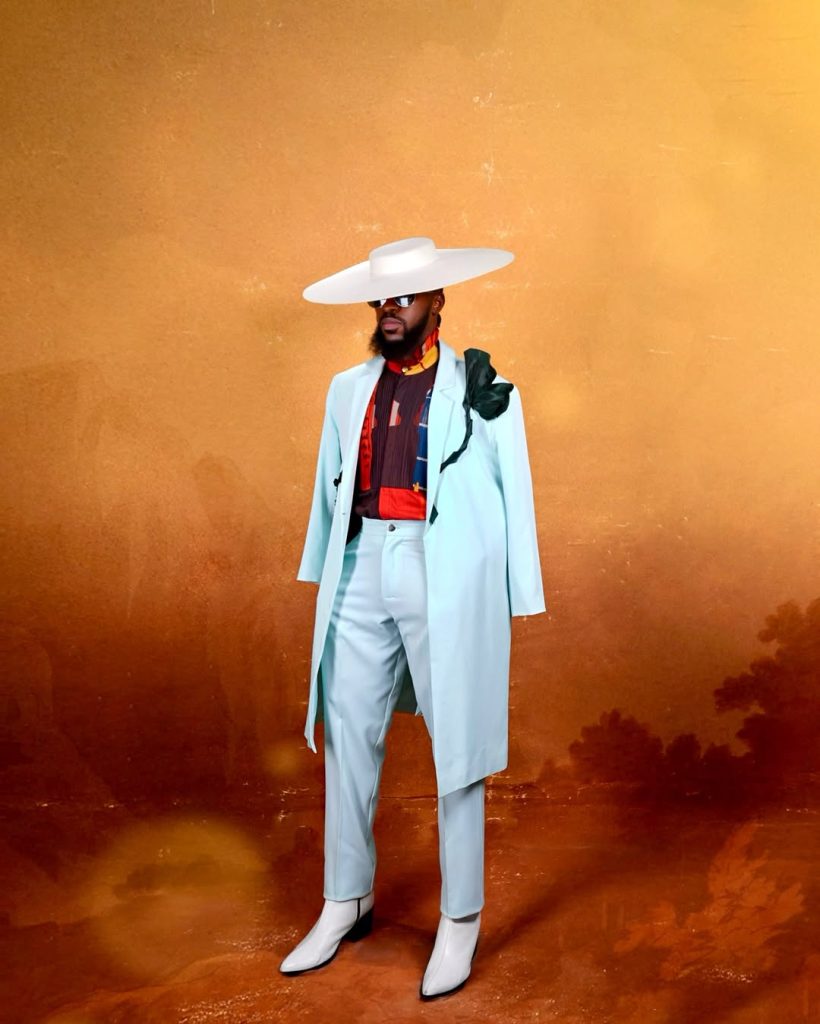
This award-winning brand fuses gender-fluid fashion with sustainability, using ethically sourced fabrics, responsible production methods, and bold storytelling. Orange Culture is reshaping what sustainable fashion looks like in contemporary Nigeria.
This Is Us NG
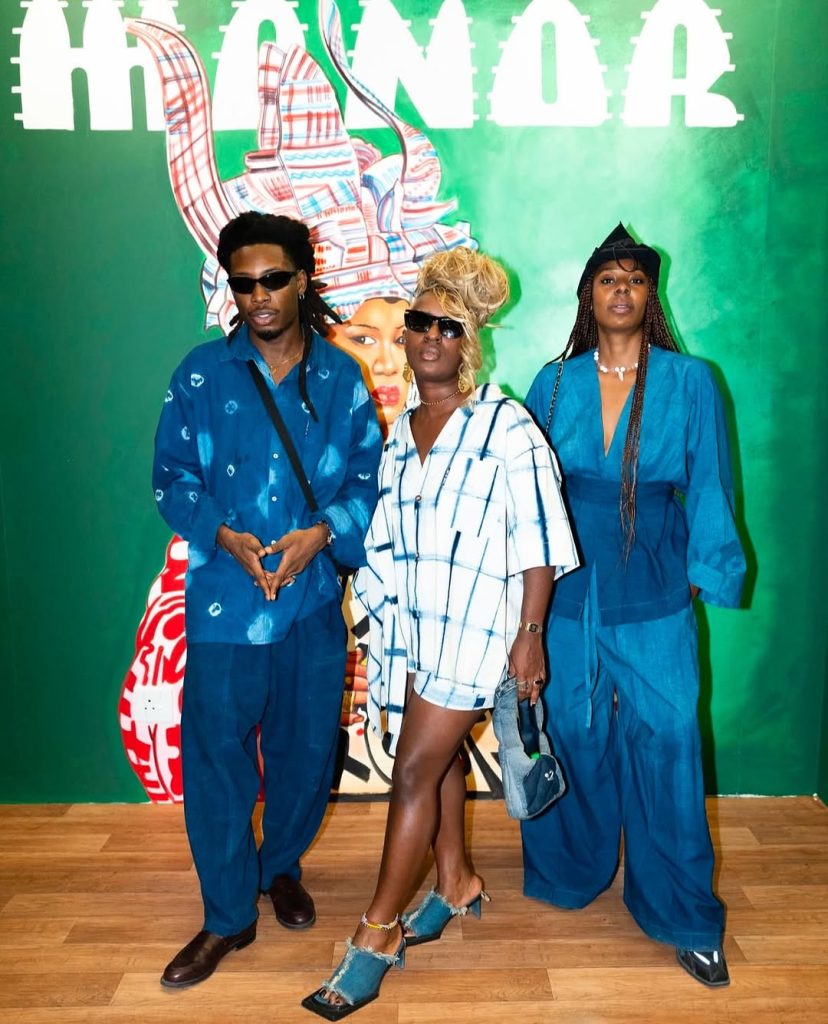
Committed to ethical production, This Is Us NG uses locally sourced Funtua cotton and traditional dyeing techniques from Kano. Their designs celebrate Nigerian heritage while promoting eco-conscious clothing.
Pettre Taylor
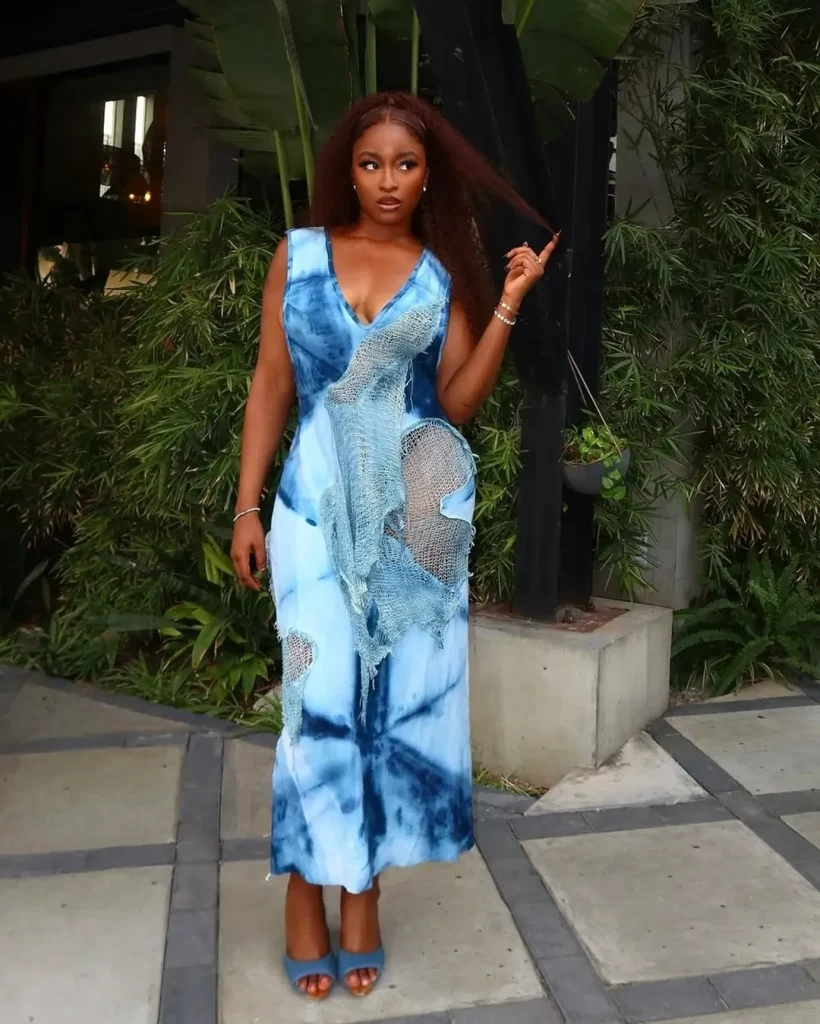
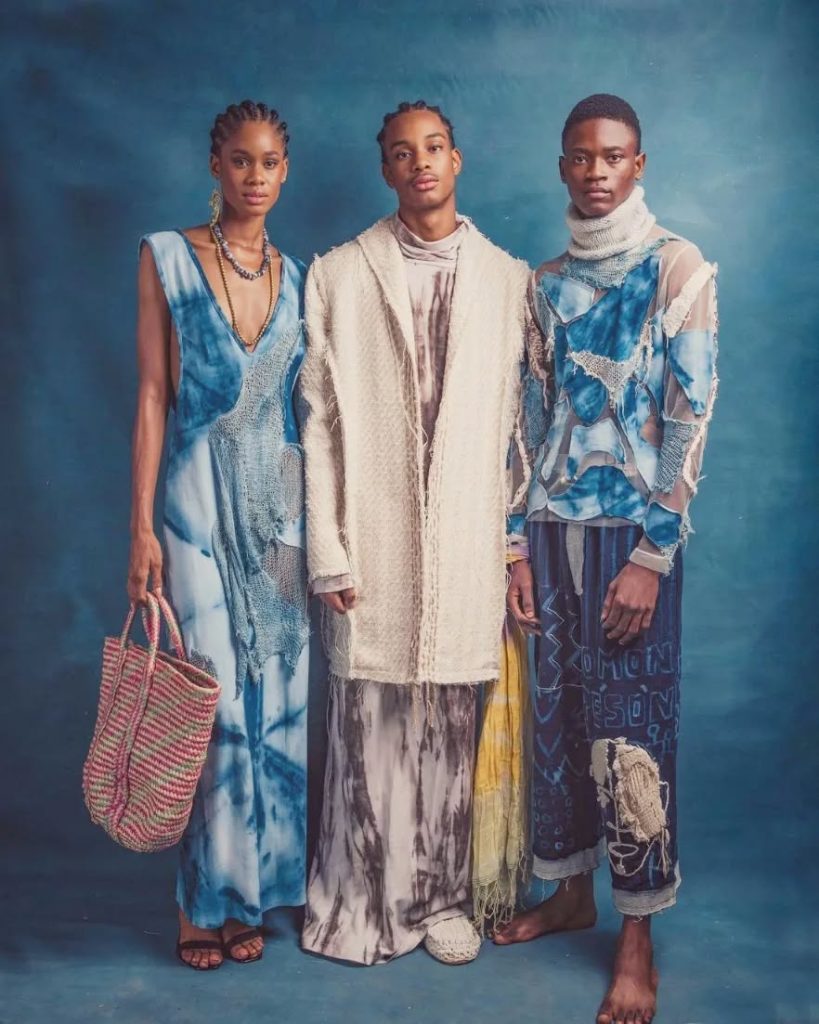
Founded by Peter Acha, Pettre Taylor repurposes fabric waste and incorporates tie-dye techniques into stylish, wearable fashion. The brand combines comfort, creativity, and sustainability in every collection.
Nkwo Design
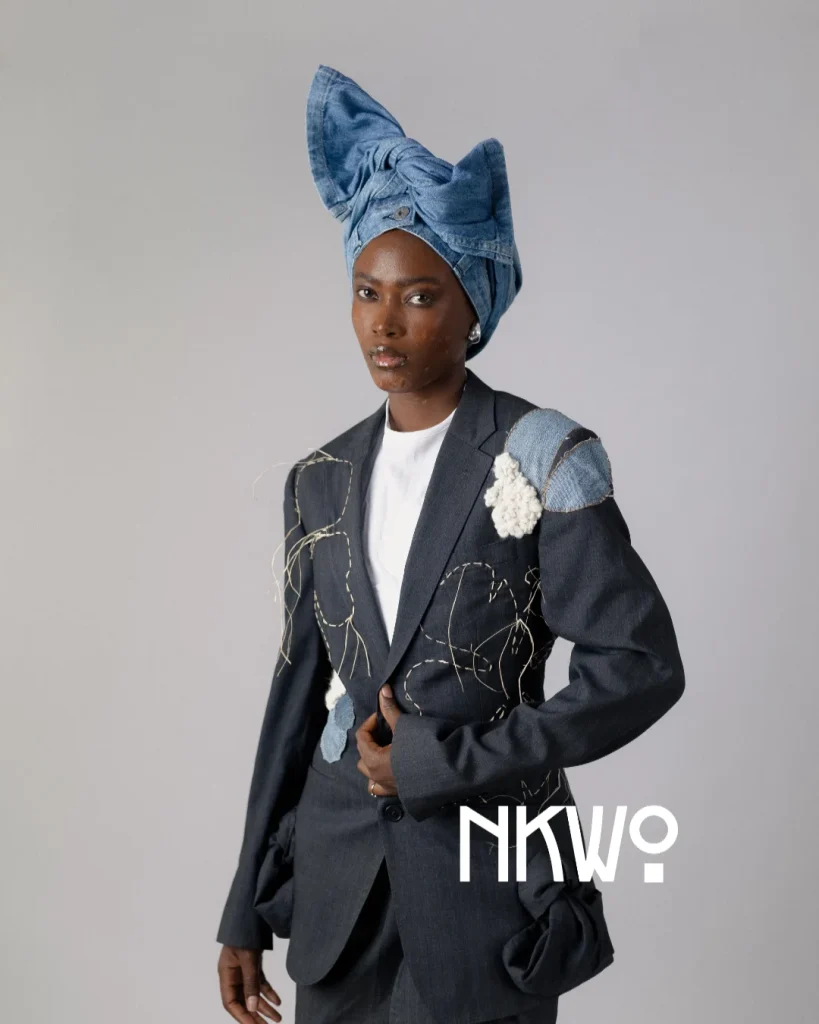
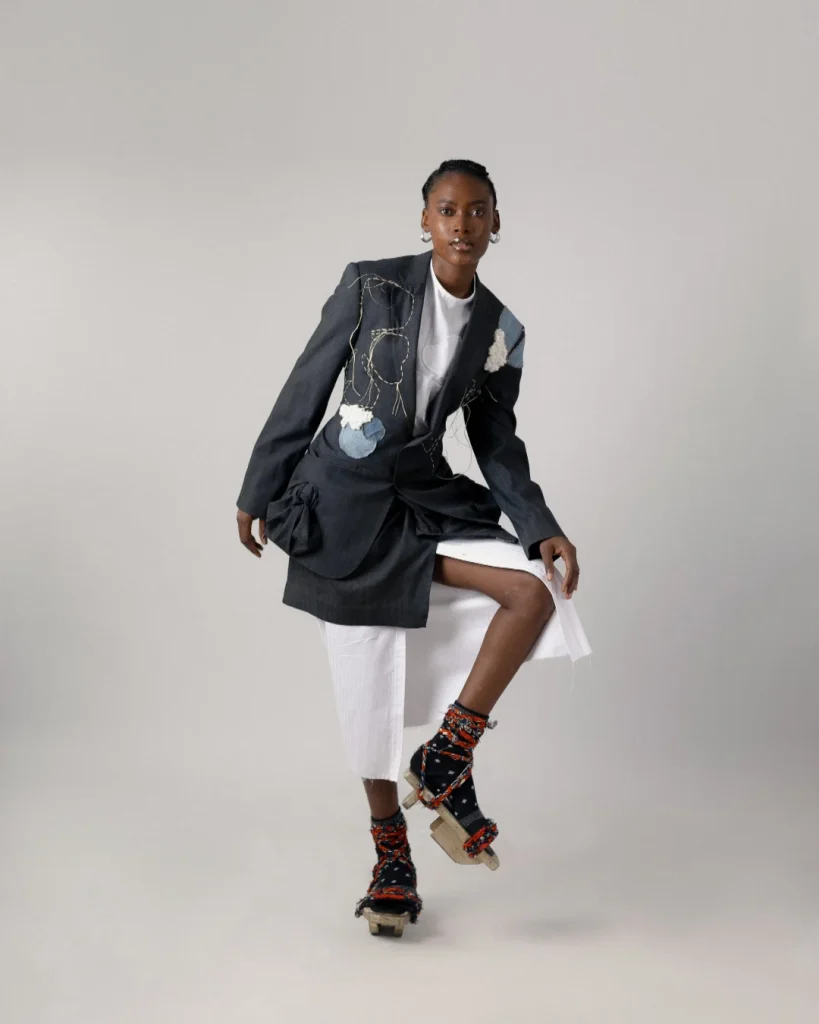
Spearheaded by Nkwo Onwuka, this brand emphasizes upcycling and zero-waste design. The “Transformables” collection gives new life to old denim and cotton, showcasing how discarded materials can be turned into high-fashion pieces.
Challenges Facing Sustainable Fashion in Nigeria
Despite growing awareness, sustainable fashion in Nigeria still faces key challenges:
- High cost of eco-friendly materials
- Limited access to sustainable production infrastructure
- Consumer education gaps
- Fast fashion competition
However, continued advocacy, innovation, and cultural pride are helping to overcome these barriers and push the movement forward.
Conclusion
The future of sustainable fashion in Nigeria looks promising. As more designers, brands, and consumers embrace ethical practices, the industry becomes a powerful force for environmental change and cultural preservation. With its rich heritage, resourceful markets, and creative talent, Nigeria is poised to become a leader in African sustainable fashion.
Here is a video of a must-watch experience on Sustainable fashion:











